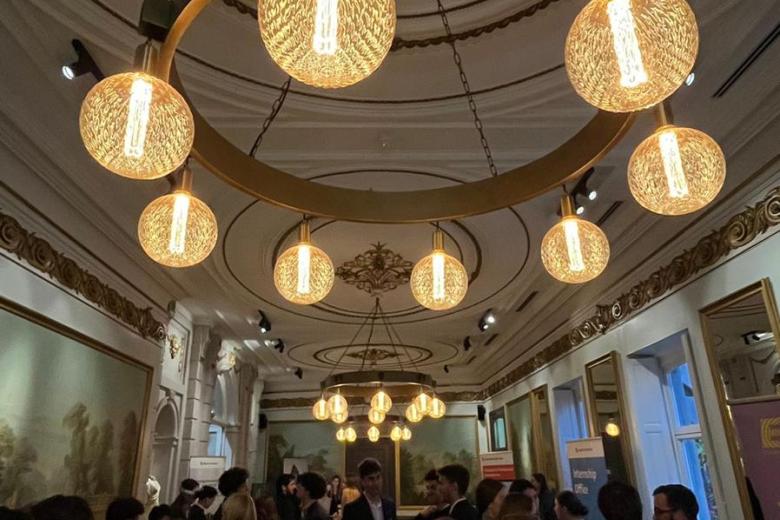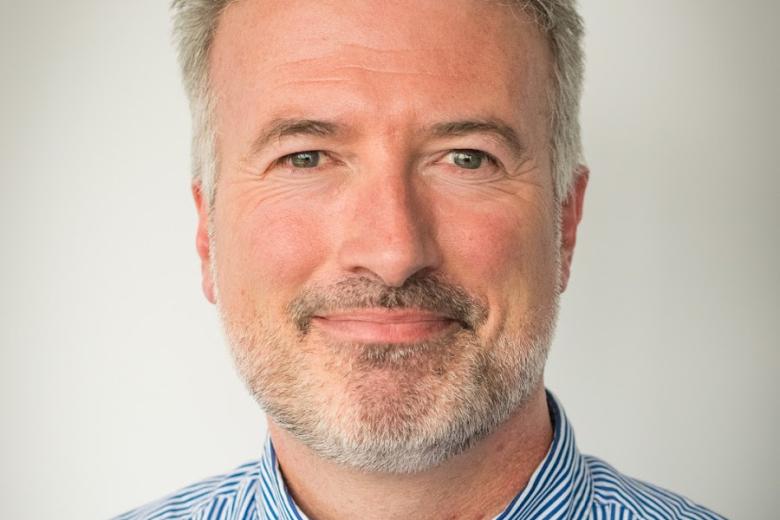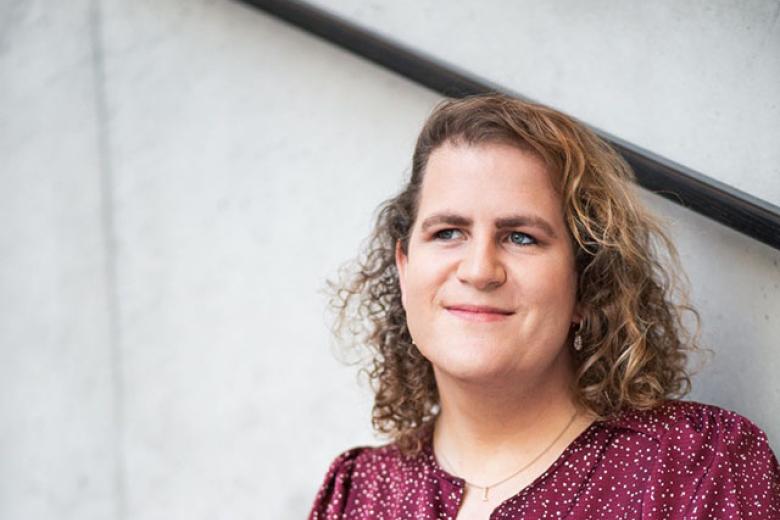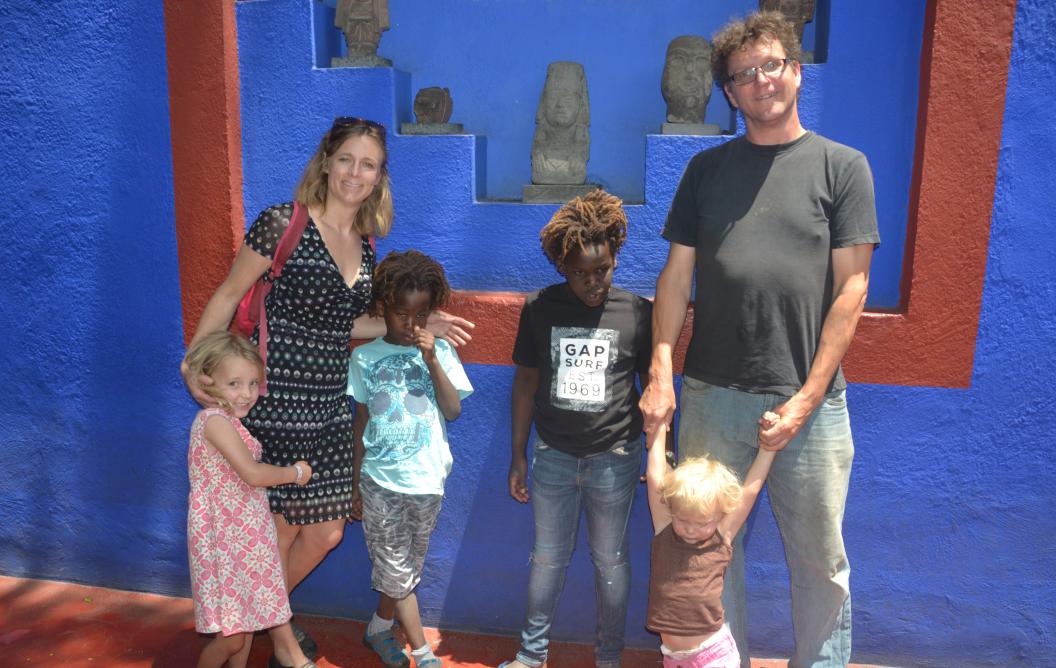“How you study is more important than what you study”
Arts and Sciences graduate Judith Maas is deputy ambassador in Mexico. She looks back on her time at Maastricht University as an intense period in which she learnt to view the world with an open mind, think about problems in groups and analyse them from all angles. “Above all,” she says, “choose a study programme you’re passionate about.”
Why not choose an established profession – accountancy, say, or law? At least then you’ll know what you’re in for. That was her father’s first reaction when Maas enrolled in Arts and Sciences. “But I think you choose a study programme you’re passionate about. It’s so essential for your development. My parents always supported me, though.” At the time, she thought she wanted to become a journalist, but without a degree in journalism. “I didn’t want to learn how to write. I wanted to know more about the world I’d be writing about, and how to analyse it. Arts and Sciences fit nicely with that.”
What appealed most to her was the approach the programme took to complex problems. “One block was about how you study the human body from the points of view of philosophy, social and medical sciences and history; for me that was an eye-opener. I learnt to look at a problem from all angles before trying to come up with a solution. Be critical and keep asking questions.”
Overwhelmed
Maas remembers her time at university as intense. “I developed in all sorts of ways. Intellectually, working in a team, but also outside of my studies. I was on the University Council. I was involved in teaching at the faculty. I moved out of home for the first time. I also had a side job as a journalist at Observant, writing about anything and everything.” In retrospect, those first few years had a profound impact on her. “I was overwhelmed by the study material, like postmodernism, which assumes there are no absolute truths. You’d talk about it in the pub. I’m still friends with the friends I made back then. That you can become so absorbed in what you’re reading and learning – I sometimes miss that. It was enriching in many different ways.”
Wide world
After graduating, Maas had an important decision to make. She could either work at a local newspaper, or become a policy officer at the Ministry of Foreign Affairs. Would she go into journalism or diplomacy? “Both careers involved going out into the world with an open mind. In the end, I chose the wide world of diplomacy.” She became a spokesperson for Foreign Affairs; a “golden job”, as she calls it. “I travelled with the minister and got a crash course on embassies.”
In the years that followed, Maas was stationed in Paris and Madrid and later opted for Urozgan, Afghanistan. “It was an adventure I wanted to experience once in my life. I lived in a compound and worked as a development consultant, protected by Dutch soldiers. I never felt unsafe there.”
Her most cherished memories are of Uganda, where she went with and at the suggestion of her boyfriend, a fellow UM graduate. “It’s a country with a lot of problems: poverty, corruption, instability. And yet there’s this sense of joy and optimism. Life is hard for the people there, but they’re happy anyway. It’s an incredibly beautiful country. It’s also where our two eldest children were born.”
Your own triple 0
In 2017 Maas and her partner, now with four children in tow, moved to Mexico. There, she serves as deputy head of mission. “I’m the second ‘man’. I stand in for the ambassador – also a woman, by the way – when she’s not there. I also lead a team focused on economic diplomacy and improving trade and investment relations between Mexico and the Netherlands. That’s the main part of my job. I’m also responsible for the chancellery.”
She describes Mexico as a wonderful country, rich in nature and well-preserved cultural heritage. The people are hospitable, too. Not every region is as well-governed as the next, however, and one particular (but limited) area is unsafe. “We sort of live with the idea that you’re your own ‘triple 0’, something that stays with us from Uganda. It’s unwise to get stranded in certain areas on the side of the road with a flat tyre or an empty petrol tank. You think about your safety before leaving home.”
Passion
Maas continues to reap the benefits of her student days. “I still think about and tackle problems in groups. I’m a team player; I learn a lot from interacting with my colleagues. And because I look at problems from all angles, I’m more likely than others to think outside the box.”
Her main advice for current students is to choose a study programme they’re passionate about. “As an employer, the Ministry of Foreign Affairs mainly looks for people who are highly motivated and curious about the world. Any degree fits with that: physics, engineering or, yes, Arts and Sciences. How you study is more important than what you study.”
Also read
-
Maastricht Business Days 2024: Building bridges between talent and opportunity.
The Maastricht Business Days (MBD) have been a hallmark of the School of Business and Economics (SBE) since their inception in 1996, standing out as the most prestigious student recruitment event. Organized by SCOPE, the faculty’s dynamic study association, the MBDs connect over 600 students...

-
Empowering Smallholder Farmers in the Data Economy: Unlocking Opportunities and Overcoming Obstacles
Frederik Claasen, the head of policy at our partner organisation Solidaridad Network on the opportunities and obstacles facing smallholder farmers in their data ecosystems.

-
Soft landing in Vienna
After several rocky years, Maastricht University alum Lea Vink has found her feet in Vienna. Professionally, she is taking new steps at the crossroads of aviation and organisational psychology. And on a personal level, luck has smiled on her since her transition from man to woman.

